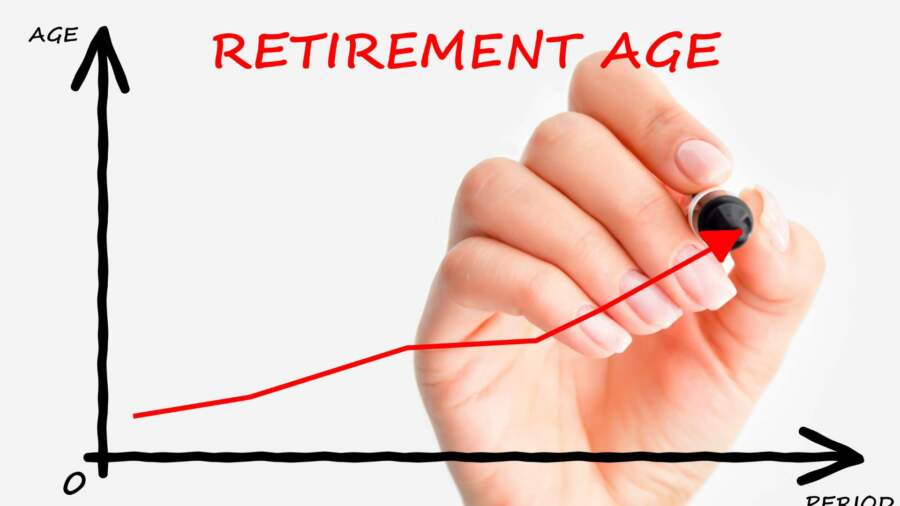
Full retirement age (FRA) is not as hard to understand as most people think it is. You can continue working and collect Social Security, but your benefit may be lowered. Even if you reach full retirement age, however, you can still get your full benefit, regardless of how much you make over a certain dollar amount.
The way you approach Social Security can affect your FRA, depending on the amount of money that you make and the length of time that you are working for the company. Your FRA will not be affected by the number of years you have worked. It will be the exact number of years you have been working, plus the number of months you are working.
If you are planning to retire at a later age, your FRA may be lower, because the company’s investment will not be guaranteed as much money as if you have worked longer and earned more. The number of years that you are working and the total compensation that you are receiving will affect your FRA.
You must be at least sixty years old at the beginning of the twelve-month period of time before you start receiving benefits. The twelve-month period is based on your first employment and your average annual earnings. The number of months you work determines how much you will receive during this period.
You can adjust your FRA if you get a better paying job. If you start earning more money, your FRA will be adjusted down in order to account for the extra income. Your employer must inform your Social Security Administration (SSA) of any changes in employment.
To get your FRA adjusted, you will need to go to your SSA. You will need to provide them with your payroll information, and they will adjust your FRA. according to the amount of money you make and the number of months you work.
Your employer will also have an effect on your FRA. If your employer does not offer any type of plan, they will need to determine what kind of plan they would like to offer you. If they offer all types of plan, they will need to figure out how much money you make and how many months you work for them and then adjust your FRA based on this figure.
Once you reach your full retirement age, you do not have to stop working, although if you want to you may want to. If your employer offers a retirement program, you may qualify to continue your coverage until you reach the final age of eligibility. In order to apply for a retirement program you must be at least fifty-two years of age and you must have at least five years of coverage.
Most companies will require that you give one year of notice when you want to stop your coverage. It is also possible to stop your coverage, if you are still working at the same company after a certain amount of time.
If your employer does not offer a retirement plan, your employer may be required to notify the Social Security Administration before the end of the FRA period. You may need to provide documentation about your job and the amount of money that you make in order to show that you are qualified for Social Security benefits.
After you have completed this process, you must then contact your social security administration. and inform them about your plan to pay your benefit payments.
There are three different methods that are used by your local office of the SSA to determine your FRA. You can choose a single year, two years or a life expectancy method. A single year is the standard method that all states use, but it is not recommended that you use this method if you are applying for Social Security benefits for the first time.


